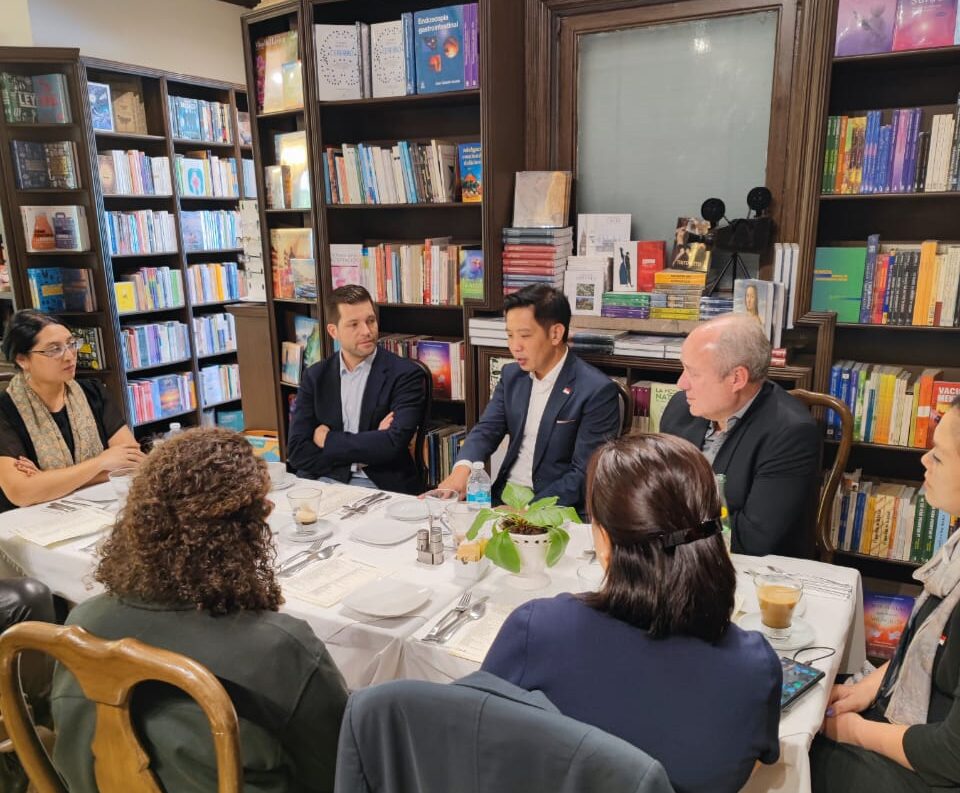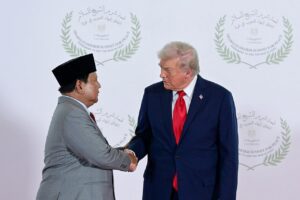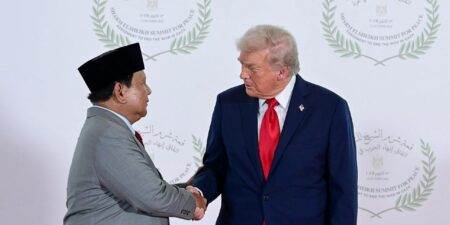
Singapore Adds BEPS-Compliant Incentives Ahead of Global Minimum Tax Rate Implementation

The BGA Singapore Team Singapore Managing Director Nydia Ngiow, wrote an update to clients on the introduction of the new Singapore tax in the face of the Global Minimum Tax Rate Implementation.
Context
- Against the backdrop of a more fractured and fragmented world order in which there is already intense global competition for talent and investments, Singapore is looking to ensure compliance with OECD rules. Singapore is refreshing its toolkit to remain competitive enough to anchor quality investments amid tight competition from other countries.
- The Development and Expansion Incentive (DEI) scheme will add a higher concessionary tax rate of 15 percent for large multinationals to allow such companies to continue qualifying. Originally introduced in 1997 to encourage companies to grow capabilities and conduct new and expanded activities in Singapore, the DEI scheme currently has two concessionary tax rate tiers of 5 percent and 10 percent. Minister of State for Trade and Industry Alvin Tan said that the additional tier follows the government’s “periodic review to ensure that our tax incentives remain relevant to companies with different circumstances and needs.”
Significance
- The DEI scheme will widen the scope of activities that can be awarded a longer tenure of up to 40 years. This will include non-headquarter services companies, which currently are only offered a 20-year award tenure. Companies that could benefit from this amendment include those that provide payment technologies, artificial intelligence solutions and aircraft maintenance and overhaul services that may not be headquartered in Singapore.
- The DEI is not automatically granted to all companies looking to invest in Singapore and is only granted if economic agencies such as the Economic Development Board or Enterprise Singapore, assess that the incentive is crucial to land an investment in Singapore that will generate a net benefit for the economy. The agencies also take into consideration the effectiveness of the incentive based on benefits brought by the investment, such as the number of good jobs created, and if the investment would remain in Singapore without the incentive.
Implications
- To be eligible for DEI, the company must engage in high-value-added activities in Singapore, either through a new set-up or expansion of existing activities. Each application for a new DEI award, or an amendment to an existing award, is then systematically assessed to consider the scale and the projected quantitative and qualitative economic benefits. Quantitative economic benefits include skilled employment, fixed asset investment and total business expenditure committed under the project. Qualitative benefits include the generation of spin-offs for the economy, the quality of jobs created from the project and the commitment to grow capabilities in technology, skill sets and know-how.
- With general elections due no later than November 2025, companies should note that the intent in anchoring these investments is primarily to create good jobs for Singaporeans. However, the ruling body will need to tread a fine line in ensuring that this does not create further inflationary pressures on Singapore that would increase costs of living.
We will continue to keep you updated on developments in Singapore as they occur. If you have any comments or questions, please contact BGA Singapore Managing Director Nydia Ngiow at nngiow@bowergroupasia.com.
Best regards,
BGA Singapore Team

Nydia Ngiow
Managing Director, Global Trade and Economics
Nydia brings over a decade of experience working at the forefront of international affairs and international trade issues in the Asia-Pacific, with the majority of her career prior to BGA spent working for the Singapore government. Nydia most recently managed the China Program at the American National Standards Institute (ANSI) in Washington, D.C., where she brought together technical, business and policy leaders to find solutions to issues affecting U.S.-China trading relations to strengthen U.S. market access in China. She provided member organizations with coverage of policy and reform issues, and furthered ANSI’s relationships with counterpart organizations in China. Positioned in ... Read More
×
























